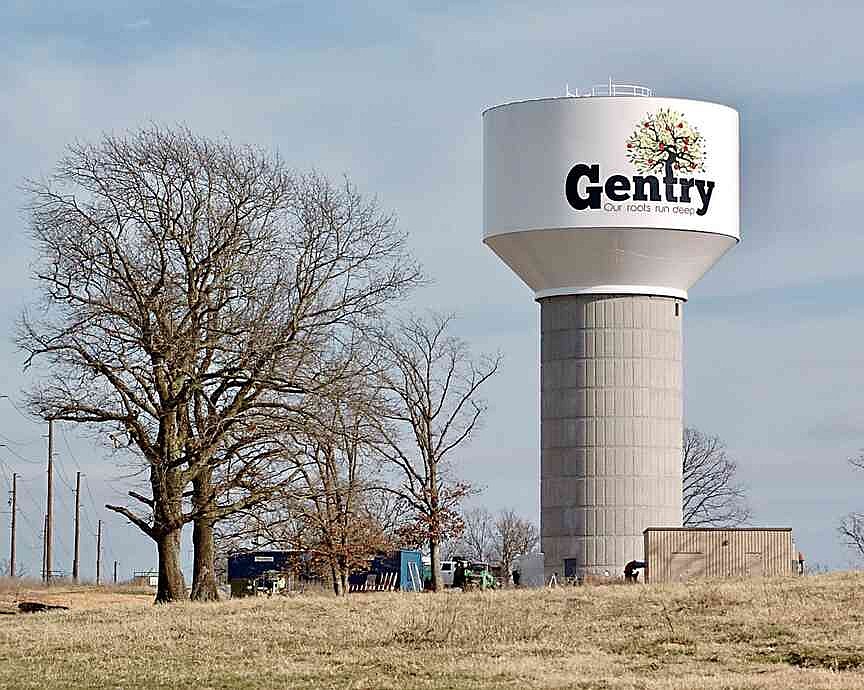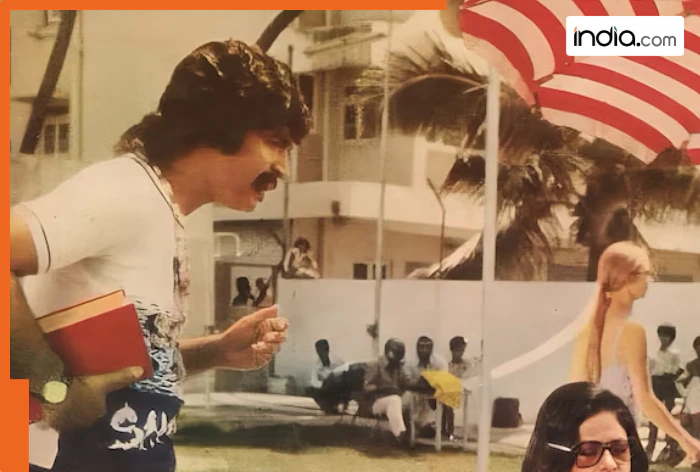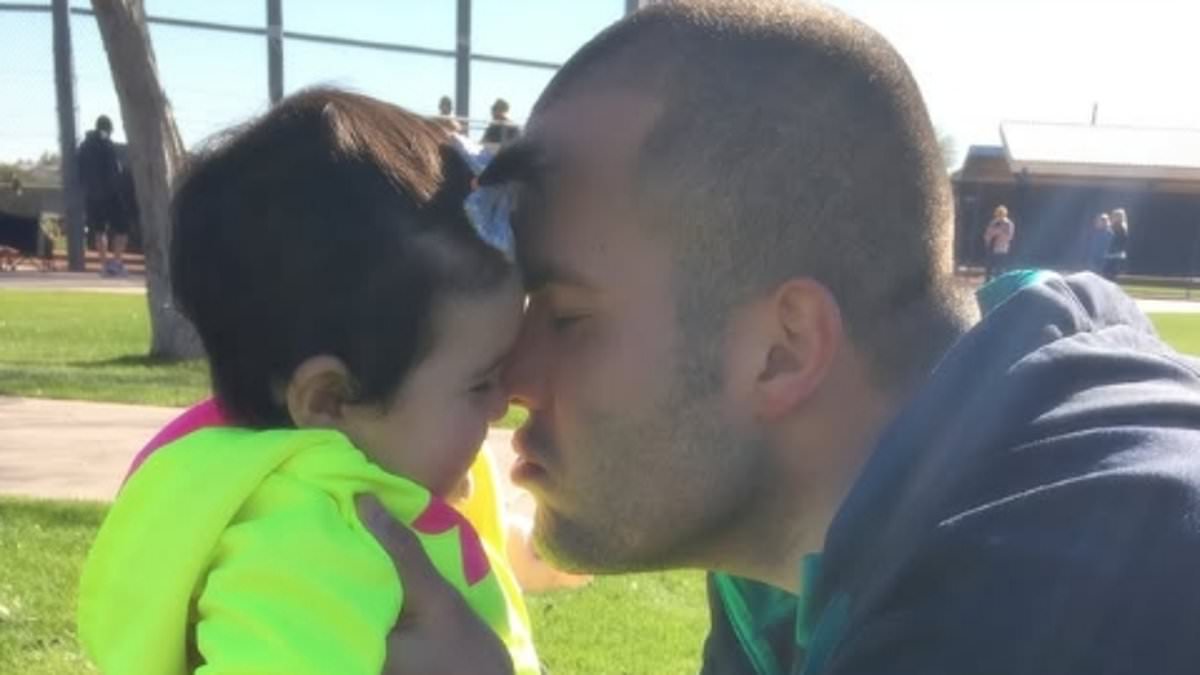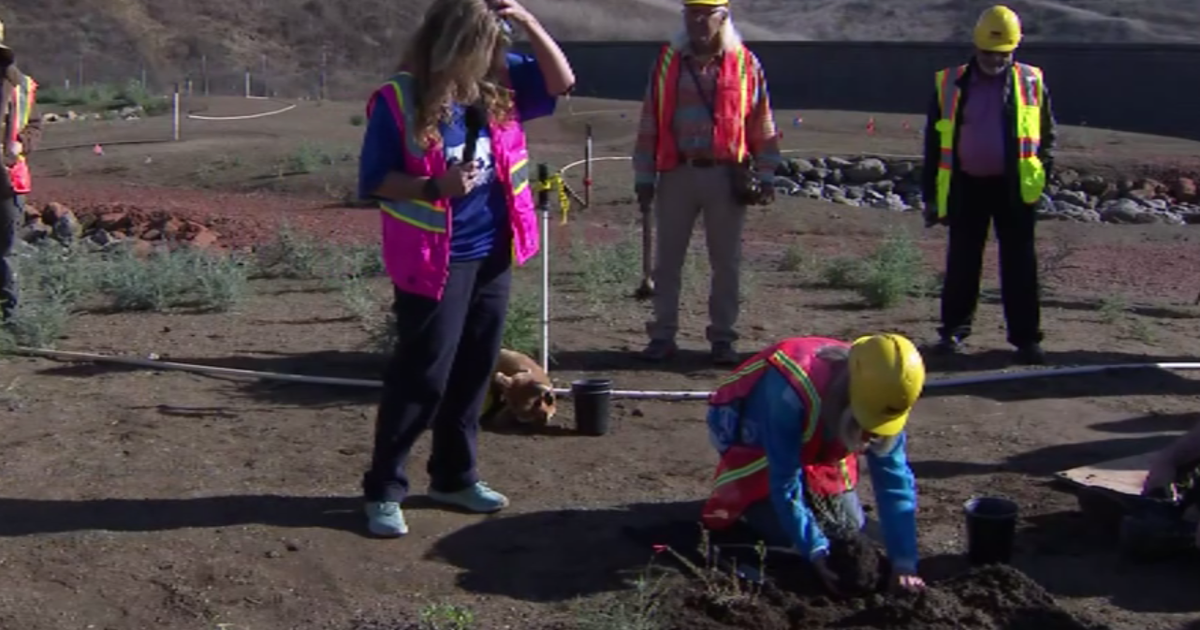Copyright newtelegraphng
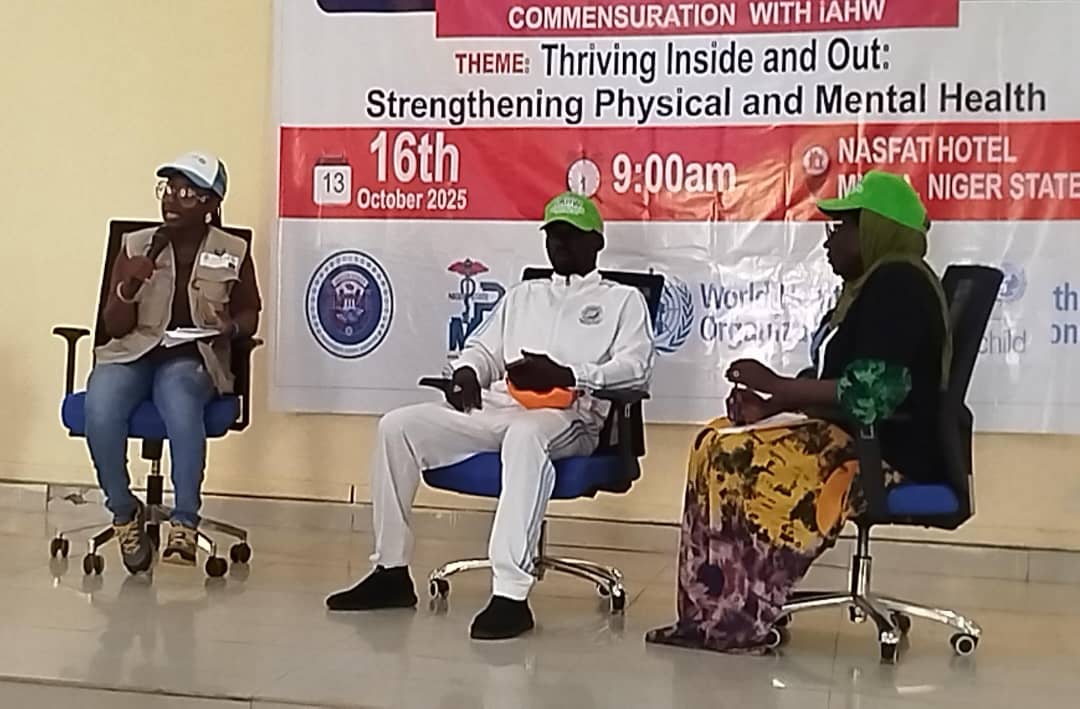
As the world marks the 2025 International Adolescents’ Health Week, the Niger state government, United Nations Children’s Fund (UNICEF) and World Health Organisation (WHO) have reaffirmed their commitments to improving Adolescents’ well-being and access to quality physical/ mental health services in the state. While speaking to Journalists after a road walk organised by the Ministry in partnership with WHO and UNICEF, within Minna, the State capital, the Permanent Secretary Ministry of Primary Health Care, Dr Mohammed Gana, said the event is aimed at giving an opportunity to educate adolescents on reproductive health, personal responsibility and the importance of accessing available health care services in their various communities. Dr Gana, who was represented by the Deputy Director Community Health Department, Fatima Gogo Muhammad, described the week as an opportunity to spotlight the challenges facing Adolescents by creating safe spaces where they can speak freely, seek help and receive tailored health support from trained focal persons. According to him, “we will do all we can to promote responsible behaviour by increasing access to quality physical and mental health services in the state amongst our adolescents. “As a government, we are calling for greater prioritisation on adolescent-friendly health services to ensure equitable access to care and employment for young people and urge for collaborations among government, development partners, educators and parents to ensure effective implementation of adolescent and mental health policies.” Also speaking, the Adolescent Youth Coordinator, Fatima Ahmed, speaking on this year’s theme “Thriving Inside And Out: Strengthening Physical And Mental Health”, said Adolescence is a critical phase marked by potential and vulnerability that demands targeted interventions by reaffirming the Ministry’s commitment to expanding youth-friendly health services, especially in the hard-to-reach areas. She then called for renewed national commitment to safeguarding Adolescents’ physical and mental health, mental well-being, describing them as key to Nigeria’s social economy future. The UNICEF, WHO and other stakeholders also visited the Government Day Science College, Tunga, Minn, where they sensitised and advised the students to prioritise mental health as part of lifelong health habits. The highlight of the event was a panel session where various speakers appealed to the government and stakeholders to make mental and physical care more accessible.
